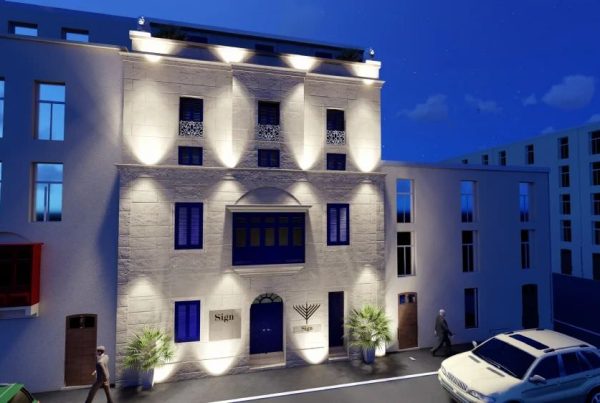Malta Home Buying 101: Navigating the Real Estate Maze

Exploring the Maltese Real Estate Scene
Malta’s real estate landscape offers a rich tapestry of options for potential homebuyers. Delving into the market’s intricacies, understanding sought-after regions among expatriates, and grasping the factors shaping property values are crucial steps when contemplating a home purchase in Malta.
Preferred Areas for Expats
For expatriates seeking a vibrant urban experience, Sliema, St. Julian’s, and Gzira stand out as prime choices. Renowned for their bustling streets, plethora of dining options, vibrant nightlife, and picturesque vistas, these locales cater to diverse and contemporary lifestyles.
| Area | Lifestyle | Attractions |
|---|---|---|
| Sliema | Cosmopolitan | Shops, Restaurants |
| St. Julian’s | Vibrant | Nightlife, Beaches |
| Gzira | Up-and-coming | Marina, Views of Valletta |
Opting for a Quieter Lifestyle
The Maltese property market offers diverse options for homebuyers, influenced by factors like demand from foreign investors, economic growth, and limited land availability. Popular areas for expats include Sliema, St. Julian’s, and Gzira for their cosmopolitan lifestyle, while Valletta and Mdina attract those interested in historical charm. The market has seen consistent growth, driven by various residency and citizenship programs. Additionally, areas like Tigné Point, Mellieha, and Lija are favored for their trendy living options and historical townhouses.
The Buying Process in Malta
Purchasing property in Malta involves a structured process with specific steps and requirements, especially for foreign buyers. Here are the key stages:
- Property Search: Begin by searching for properties that meet your criteria, considering factors like location, type, and budget. Online resources like “buying property Malta” can help in finding listings.
- Making an Offer: Once you find a suitable property, make an offer. If accepted, proceed to sign a preliminary agreement, also known as ‘Konvenju’.
- Preliminary Agreement: This is a binding contract outlining the terms of sale and setting a date for the final deed to be signed. A 10% deposit of the property’s value is typically paid to the seller at this stage.
- Due Diligence: During this period, the notary conducts research to ensure there are no legal obstacles to the sale. Buyers may also conduct inspections and apply for financing.
- Signing the Final Deed: After meeting all conditions in the preliminary agreement, sign the final deed of purchase and pay the balance of the purchase price.
- Post-Purchase: Following the signing of the final deed, the notary registers the property under the new owner’s name, and any applicable taxes are settled.







